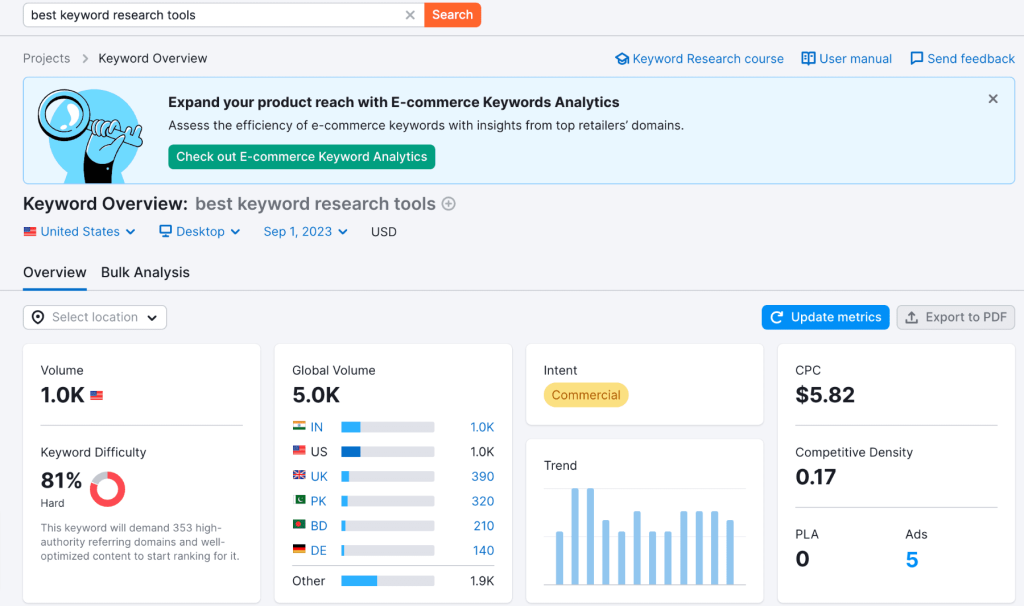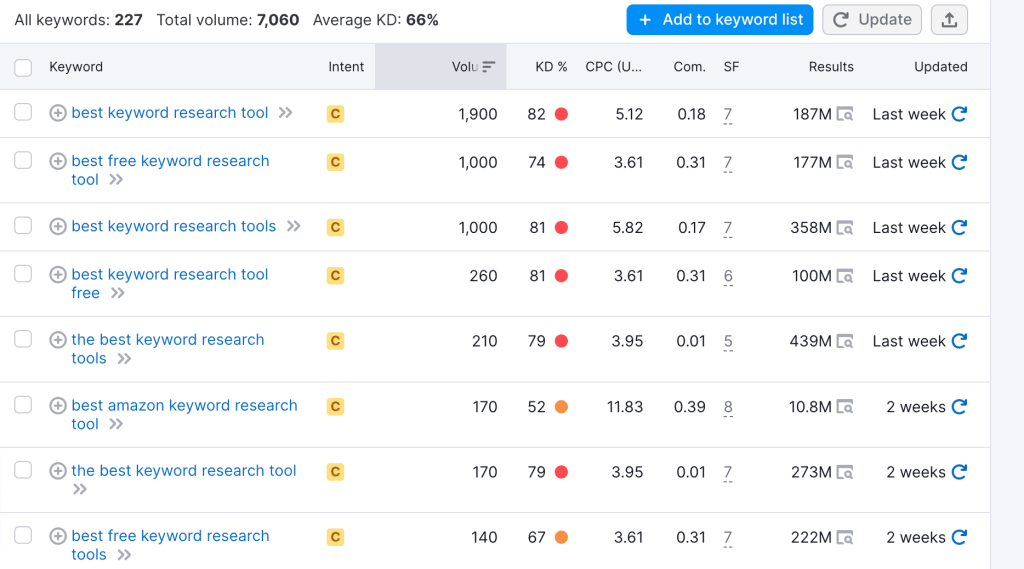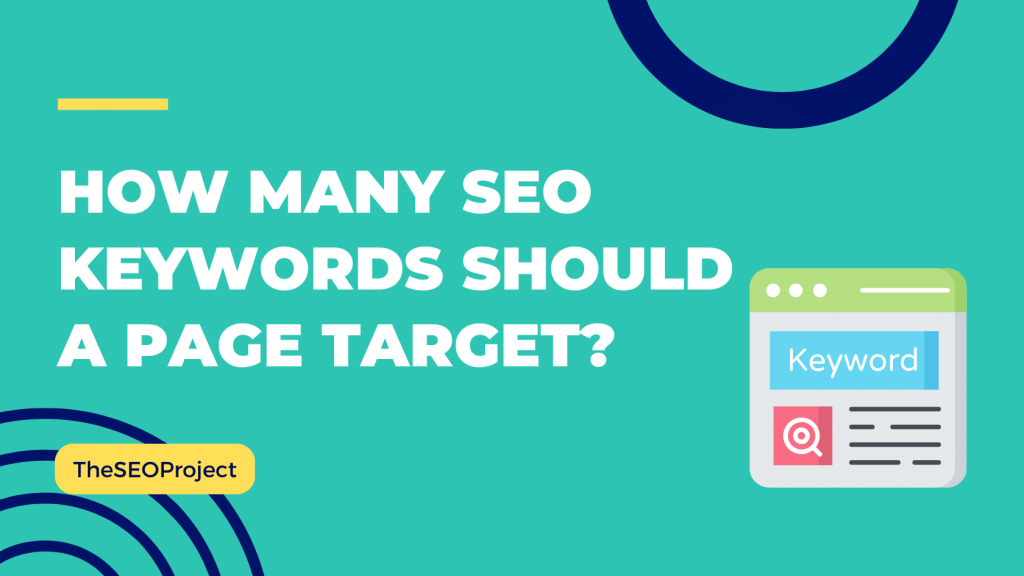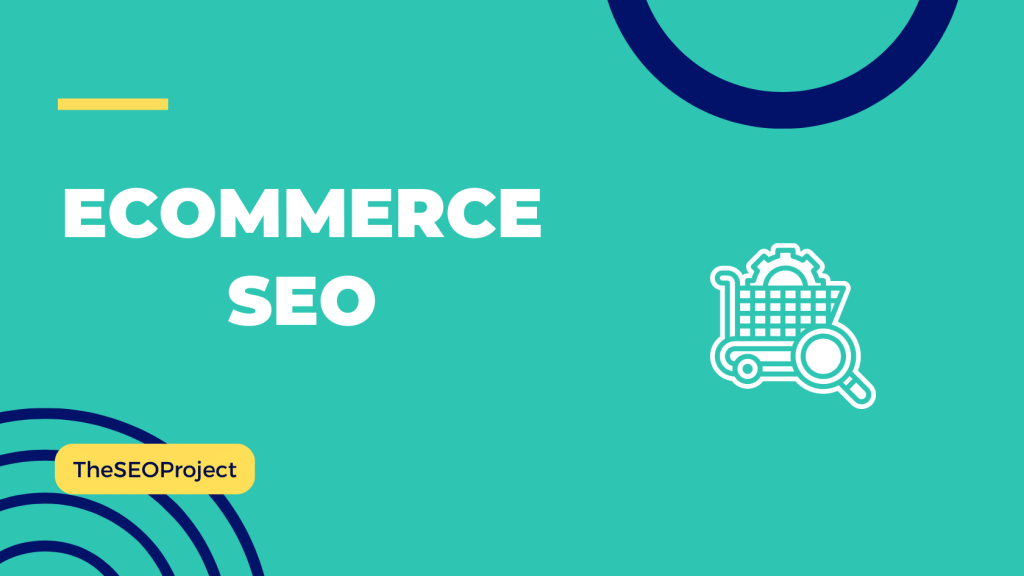Having a blog or a website, you need to keep in mind the number of SEO keywords a page should start.
We all know that keywords through SEO help search engines understand the content of a webpage and match it with relevant user queries. As a website owner or content creator, you must know how many keywords you should target on a single page to maximize its SEO potential.
When creating content for a web page, it’s essential to strike the right balance in targeting keywords. Too few keywords might limit your reach, while excessive keyword targeting can result in keyword stuffing, a practice frowned upon by search engines.
So, the question arises: How many keywords should a page target for optimal SEO results? In this article, you will explore this topic in detail and will earn valuable insights on the same.
Let’s get started.
How Many Keywords SEO Keywords Should a Page Target?
The number of SEO keywords you should target per page depends on the length of your content, the competition for your keywords, and the search intent of your target audience. However, a good rule of thumb is to target one to four keywords per page.

- One keyword: This is the most common approach, and it’s a good way to focus your content and make sure it’s relevant to your target audience. When you target one keyword, you can use it throughout your content, by including in your title tag, meta description, headers, and body text.
- Two to four keywords: This is a good option if you have a longer piece of content or if you’re targeting multiple related keywords. When you target two to four keywords, you’ll need to make sure they’re all relevant to each other and that you naturally use them throughout your content.
- More than four keywords: This can be effective if you have a very long piece of content or if you’re targeting very competitive keywords. However, it’s important to be careful not to overdo it, as you don’t want your content to feel keyword-stuffed.
What Type of Keywords Can You Use for SEO?
When it comes to SEO, several types of keywords can be used to optimize your content and improve its visibility in search engine results. Here are some essential types of keywords to consider:

1. Short-Tail Keywords
Short-tail keywords are otherwise known to us as head keywords. Each of them will have a combination of short, generic terms with 2-3 words each.
They typically have high search volume and competition. While targeting short-tail keywords can drive significant traffic, it’s essential to understand that they may not always reflect the user’s intent precisely.
Example: “shoes” for an online shoe store
2. Long-Tail Keywords
When it comes to Long-tail keywords, they are lengthier terms with more specific phrases consisting of 3+ words. They have a lower search volume but tend to be highly relevant to the user’s search intent. Targeting long-tail keywords allows you to attract more qualified traffic and have a better chance of conversion. You can use such keywords for your local SEO to attract a local audience.
Example: “Best running shoes for women” for a blog post reviewing running shoes targeted at female runners
3. Branded Keywords
Every branded keyword may include your brand name or something with different options. These keywords help enhance your brand visibility and protect your online reputation. People using branded keywords are likely already aware of your brand, making them valuable potential customers.
Example: “Nike” for a search related to Nike products
4. Product or Service Keywords
Product or service keywords will be very specific based on the products or services that you will be offering. These keywords are vital for attracting potential customers searching for what you provide. They are highly relevant and have a good chance of converting visitors into customers.
Example: “haircut” for a local barbershop offering hair-cutting services
5. Geo-Targeted Keywords
If your business operates in specific locations, geo-targeted keywords can be highly beneficial. These keywords include location-based terms and help attract local customers searching for products or services in your area.
Example: “pizza delivery in Manhattan” for a pizza restaurant in Manhattan offering delivery services
6. LSI Keywords (Latent Semantic Indexing)
LSI keywords are those terms related to the main keyword or topic. These keywords help a search engine know more about the context and identify the relevancy of your content. Including LSI keywords in your content can improve its semantic value and help you rank for a wider range of related searches.
You can research LSI keywords using tools like Google’s Keyword Planner or LSIGraph to expand keyword targeting and optimize your content effectively.
Example: “workout clothes” for a blog post about fitness, which may also include related terms such as “gym clothes” or “activewear” to provide more context to the topic.
Did You Know? Semrush and Ahrefs are the most preferred keyword research tools by SEO experts.
How to Find SEO Keywords for Your Page?
Finding SEO keywords manually can be a hectic and tiresome process, so using an efficient keyword tool can save you a lot of time. Semrush is one of the best tools that offer many SEO tools, including keyword research. With this tool, you can find thousands of keywords with accurate search volume and other key metrics.
Let’s see how you can use Semrush to find SEO keywords for your page:
- Go to the Semrush homepage and enter your website URL or a specific keyword related to your content into the search bar.

- Select on the Keyword Overview after you click on the Keyword Analytics tab.
- Review the list of relevant keywords and phrases related to your website or the keyword you entered.

- Use the filters to sort through the list and find keywords with a high search volume and low competition. These will likely be your primary keywords.

- Use the “Related Keywords” and “Phrase Match Keywords” tabs to find related or long-tail keywords to use as secondary keywords.
Here is a detailed guide to find perfect keywords for your website.
You can incorporate both primary and secondary keywords into your content to improve your SEO and drive more traffic to your website. You can also use free tools like Ubersuggest or Google Keyword Planner to find relevant keywords for your page.
Primary vs Secondary Keywords
Both the types of keywords are an important part of SEO, as they help search engines understand what a particular page on a website is about.
Primary keywords are the main focus of a web page and should be included in the page’s title, meta description, and throughout the body of the content. These are the keywords that someone might search for when looking for information related to the content of the page. For example, if the page is about “best dog food brands,” the primary keyword might be “dog food brands.“
Secondary keywords are related to the primary keywords and provide additional context for the content on the page. They should also be included throughout the content, but not as heavily as the primary keywords. For example, if the primary keyword is “dog food brands,” some secondary keywords might include “dog nutrition,” “dog health,” or “best dog food for puppies.”
You can also use ChatGPT to find Primary and Secondary Keywords making the whole process simpler and quicker.
Is One Primary SEO Keyword Enough?
When it comes to SEO, having one primary keyword is a good start, but it’s not always enough. While having a clear primary keyword can help search engines understand the focus of your content, it’s important to remember that search algorithms are becoming more complex and sophisticated.
Search engines now take into account a variety of factors beyond just one keyword, such as the context of the content, related keywords, and the overall quality of the content.
So while having a primary keyword is important, it’s also important to ensure that your content is high-quality and relevant to your target audience. This will not only improve your search engine ranking but will also help to drive traffic and engagement to your website.
Why Is Adding Secondary Keywords Necessary?
Here are some reasons why adding secondary keywords to your content is necessary:
- Improving SEO by increasing the relevance of the content to a wider range of search queries.
- Providing context to the main keywords.
- Helping to rank for long-tail keywords.
- Adds variety to the language used, making the content more readable and engaging for human readers.
- Secondary keywords can help to reinforce the main topic of the content, making it more clear to both search engines and human readers.
- Prevents keyword stuffing, which can harm SEO and make content less readable.
- It can help to attract a wider audience to the content by targeting different variations of a search term.
- Help you establish the content as an authority on a particular topic, which can lead to higher search rankings and more traffic.
- Makes the content more interesting and engaging to read, which can increase the chances of it being shared or linked to by other websites.
You can also try your hands on keyword research with:
Conclusion: How Many SEO Keywords Should a Page Target
Regardless of the number of keywords you target on a page, the most crucial factor is to create high-quality, relevant content that provides value to your audience. Search engines prioritize content that meets user intent and delivers a positive user experience. Focus on creating comprehensive, informative, and engaging content that naturally incorporates your targeted keywords.
So, try to prioritize high-quality, relevant content that satisfies user intent and delivers a positive user experience. And make sure to choose a high-quality keyword research tool to find relevant keywords for your SEO practices.
FAQs
While it’s possible to target multiple keywords on a web page, it’s essential to maintain relevancy and avoid keyword stuffing. Focus on providing valuable content that addresses the users’ search intent and incorporates keywords naturally.
Targeting too many keywords without considering relevance and content quality can lead to keyword stuffing. Search engines may penalize your website, and users may have a poor experience. Prioritize quality content over excessive keyword targeting.
You can use keyword research tools like Google Keyword Planner, Semrush, Ubersuggest, and Moz Keyword Explorer. These tools provide valuable insights into keyword search volumes, competition, and related keywords.
Long-tail keywords are specific and longer keyword phrases that target niche audiences. These contribute to higher conversion rates, even though they have lower search volumes. Incorporating long-tail keywords can help you attract highly targeted traffic.
Regular monitoring and optimization are crucial for maintaining a successful SEO strategy. Monitor your website’s performance using analytics tools, and make necessary adjustments based on the gathered data. Stay updated with changing search trends and user behavior to refine your keyword targeting.



